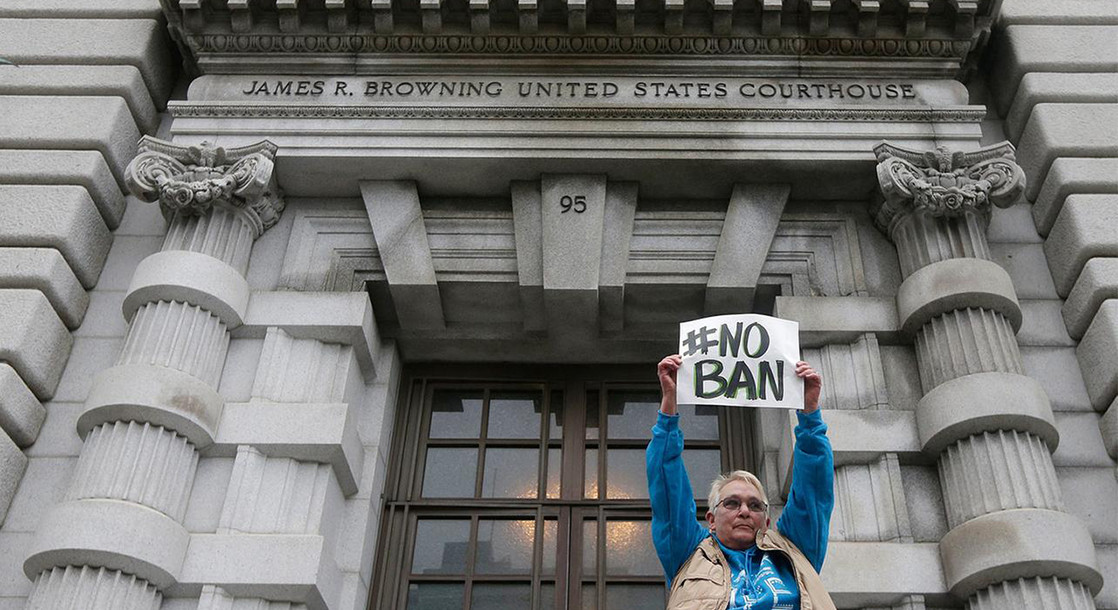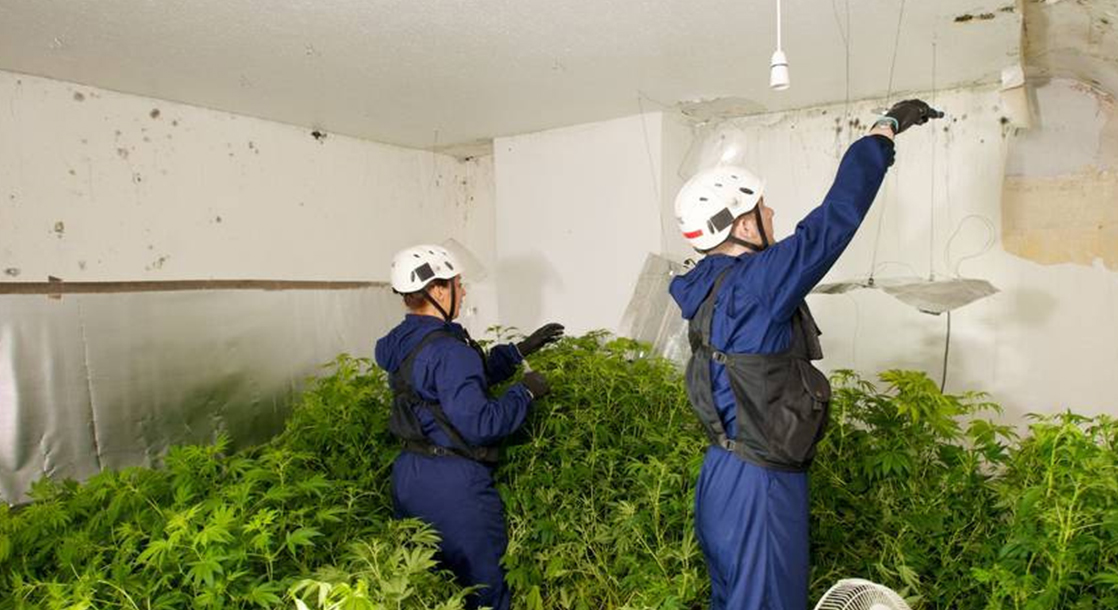Image via
For the second time in four months, Gov. Chris Sununu (R) has signed a bill to expand New Hampshire’s medical cannabis program.
Under this new law, state-licensed medical cannabis dispensaries will be allowed to sell medicinal pot to out-of-state patients. To become eligible for out-of-state sales, patients must present proof of a valid physicians’ recommendation that qualifies them for their home state’s medical marijuana program.
There is one important restriction on these sales: Out-of-state patients are prohibited from buying medical pot from a New Hampshire dispensary more than three times in any 12-month period. Patients can get around this restriction if they can provide a statement from their health provider confirming that they have been diagnosed with a condition that qualifies them for New Hampshire’s medical cannabis program, however.
The new law also adds opioid use disorder to the state’s list of qualifying conditions, but this expansion also has a few restrictions. In order to purchase medical cannabis as a treatment for opioid use, a patient must present a recommendation from a certified addiction medicine or addiction psychiatry provider that is currently treating them. Patients must also be actively suffering from withdrawal symptoms or cravings in order to qualify for medical pot.
Despite these restrictions, local advocates believe that the new bill is still a welcome improvement. Matt Simon, director of public and government relations at Prime Alternative Treatment Centers of New Hampshire, told Marijuana Moment that the new law brings two major improvements to the state’s existing medical cannabis program.
“First, patients who visit New Hampshire to spend time with family or to enjoy the lakes and mountains should not have to worry about how they will obtain safe, legal access to cannabis,” he said. “Second, the inclusion of opioid use disorder provides addiction specialists with an important tool that can help patients mitigate their withdrawal symptoms and stay off opioids. We are grateful to legislators and Gov. Sununu for making the therapeutic cannabis program more accessible to patients.”
Back in May, Sununu signed another bill that added autism and insomnia as qualifying conditions for the state medical marijuana program. It is somewhat surprising that it took until this month to add opioid use disorder as a qualifying condition, though, given the wealth of clinical research showing that medical pot can reduce opioid use, abuse, withdrawal symptoms, and overdose deaths.
But even though lawmakers have been able to successfully implement multiple medical cannabis expansions this year, efforts to enact full adult-use legalization have faltered. Lawmakers did decriminalize minor weed possession in 2017, but every recent adult-use bill has died in the state legislature, leaving New Hampshire as the only Northeastern state that continues to prohibit recreational cannabis use.











